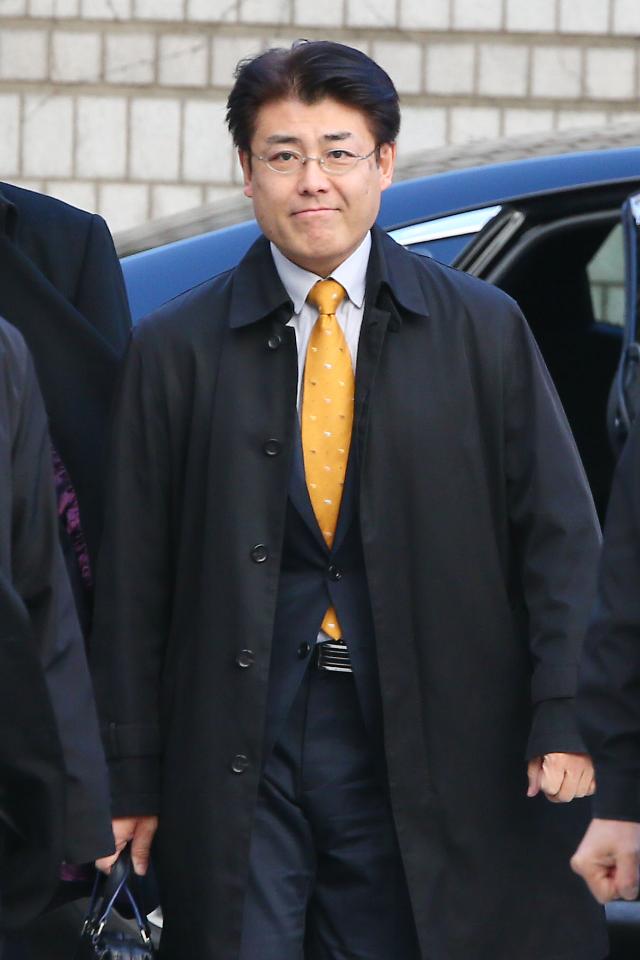
Tatsuya Kato, the former Seoul bureau chief for the Japanese daily Sankei Shimbun [Photo by Yoo Dae-gil = dbeorlf123@ajunews.com]
A South Korean court has cleared Tatsuya Kato, the former Seoul bureau chief for the Japanese daily Sankei Shimbun, of defaming the South Korean president, a decision that could help soothe strained ties between Seoul and Tokyo.
Prosecutors had sought an 18-month prison term for Kato who wrote an article in August last year over President Park Geun-hye's whereabouts during a deadly ferry disaster, which referred to a rumour she was with a man at the time.
"Kato’s article was inappropriate in some ways, but press freedom, the core of democracy and its development should be protected as long as Korea is a democratic nation. The court views the conduct of the defendant was in the realm of freedom of the press," Judge Lee Dong-geun said in the ruling on Thursday. “It is difficult to conclude that the defendant intended to defame the president or libel her as a public figure."
The ruling came after South Korea's foreign ministry had appealed to the justice ministry for leniency in the case, given the two countries' recent efforts to improve ties.
Japanese Prime Minister Shinzo Abe said Thursday that he welcomed the ruling and that he hoped the two countries could build a forward-looking relationship.
Relations between the two countries have long been strained over historical and territorial issues, particularly on the issue of Korean "comfort women", as those forced to work in Japanese military brothels during World War Two are known.
Kato, whose online article had cited a major South Korean newspaper and unnamed financial industry sources in questioning President Park’s whereabouts during those critical hours, was barred from leaving the country.
Kato told a news conference on Thursday prosecutors should accept the verdict and not seek an appeal.
"The process was unfair and discriminatory from the start," said Kato.
By Alex Lee

